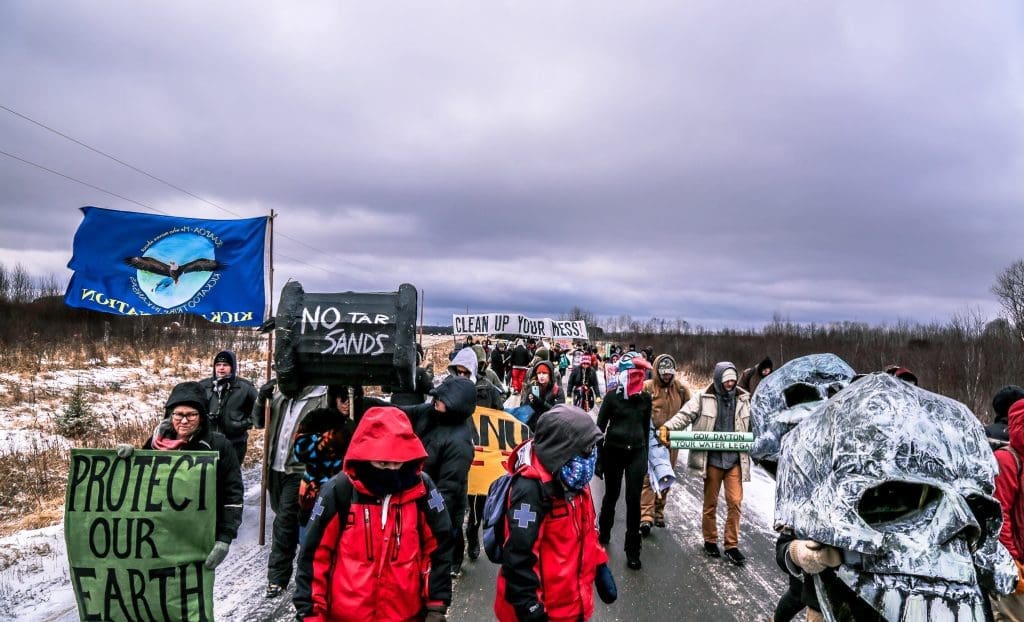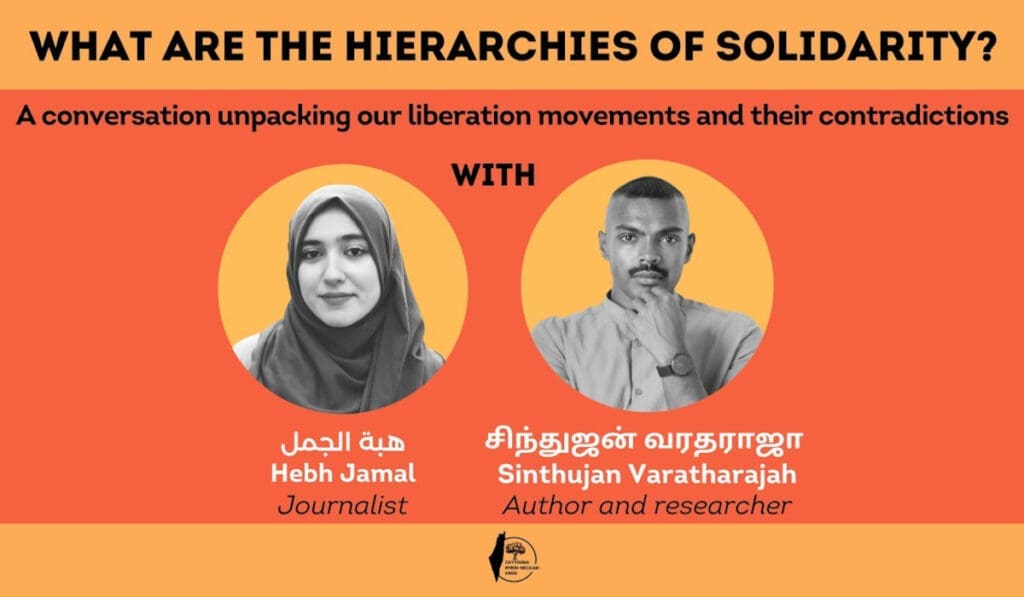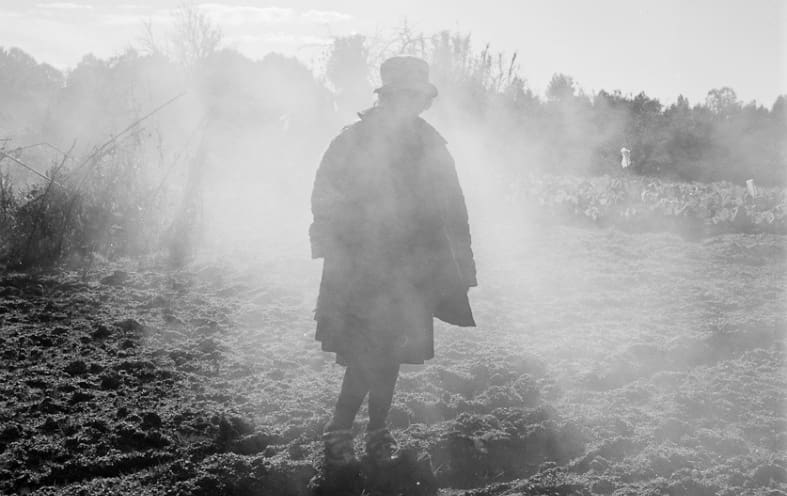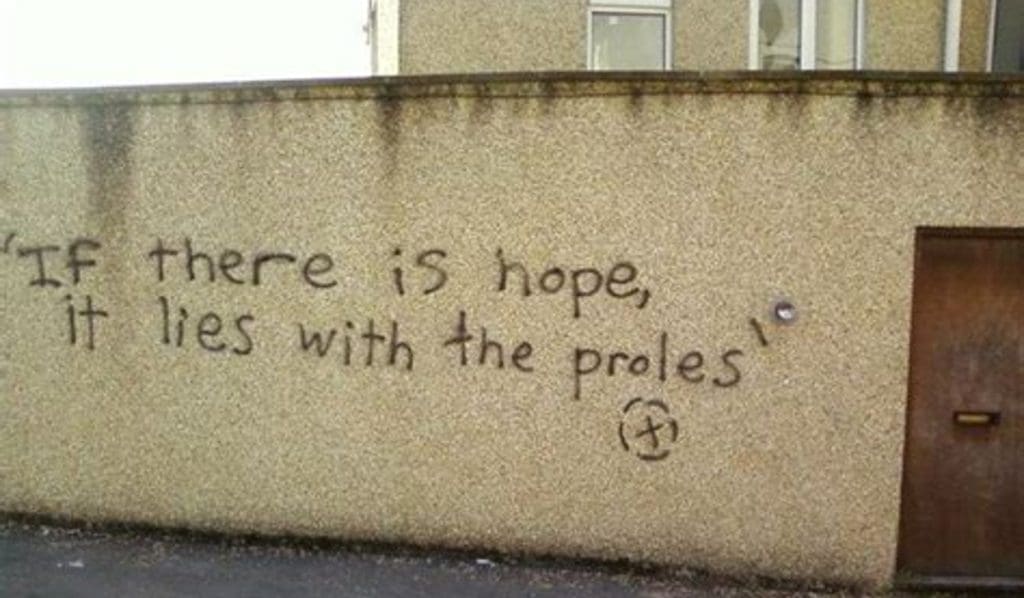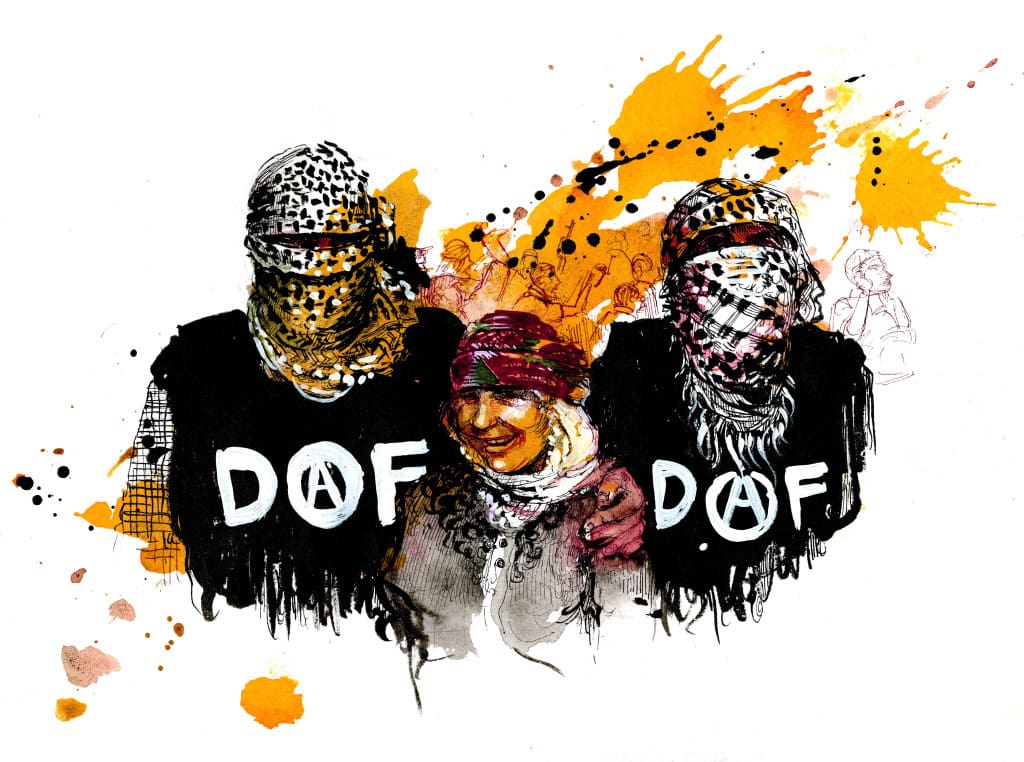Worker Solidarity with Camp Makwa and the Movement for Environmental Justice
by Fellow Workers and Fellow Defenders of the Twin Cities Industrial Workers of the World and General Defense Committee local 14
13 December 2017
On Tuesday, 5 December 2017, the Twin Cities IWW unanimously passed a resolution reaffirming the IWW’s opposition to the construction of the Dakota Access Pipeline and the Keystone XL Pipeline as well as officially declaring its opposition to the construction of the Enbridge Line 3 Pipeline. The Twin Cities IWW pledged material support to water protectors, rejecting Enbridge’s arguments that the pipeline is necessary for jobs and prosperity for working class people, and put forward a vision of a “Just Transition” to a sustainable economy.
The resolution pledged two donations of $100 each to the legal defense fund and the supply fund of Camp Makwa, a resistance camp using direct action to protect the land and water that Anishinaabe people and other working class Minnesotans depend on. The resolution further endorsed the Black Snake Killaz Circuit, a series of fundraising concerts for Camp Makwa running across the Twin Cities and other towns in Minnesota and Wisconsin throughout the winter.
No Jobs on a Dead Planet
In the resolution, the Twin Cities IWW rejected the attempts by Enbridge and certain unions to paint the pipeline as good for workers. Instead, the resolution focuses on the harm that the oil industry does to its workers, surrounding communities, and the environment.
Enbridge’s existing Line 3 is the cause of the largest inland oil spill in US history, spilling 1.7 million gallons of oil into the Prairie River in 1991. In 2007, tragedy struck in Minnesota again with a pinhole leak explosion in Clearbrook, killing two workers, sparking a large fire, and spilling 15,000 gallons. This spill burned for three days, contaminating the air in the surrounding community. In 2010, Enbridge’s Line 6B pipeline also spilled, releasing around a million gallons of oil into Talmadge Creek and the Kalamazoo River and causing 30,000-50,000 houses to evacuate—and leaving twice as many without clean drinking water. In the aftermath of these spills, union workers have spoken out against Enbridge for failing to clean up their mess which has resulted in birth defects, illness, cancer, and death of both humans and animals in the area of the disaster.
In addition to these specific acts of negligence, the resolution noted the way in which the oil industry exposes working class communities and especially communities of color and indigenous people to the worst risks. These communities are often ignored and their well-being violated during the permitting process for pipelines and other infrastructure projects. For example, pipeline routes often avoid wealthier or majority-white towns and are directed rather through poorer areas, especially near indigenous land. This was the case with the Dakota Access Pipeline, and the same pattern can be seen with Line 3.
The resolution further emphasizes the reality of climate change, an accelerating trend that is already disrupting and destroying lives, economies, ecologies, and communities around the world. As the resolution notes, “there are no jobs on a dead planet.”
Faced with environmental dangers on a local and global scale, and unable to stop the lobbying power of well-connected companies, marginalized communities of workers are left with few choices except direct action. Water protectors face violence from the state and private security when they defend the land and the people who live on it from the harm done by the oil industry.
For a Just Transition
In its resolution, the Twin Cities IWW argued against the claim that the Line 3 replacement pipeline is necessary for jobs. Instead, the resolution put forward a vision of sustainable jobs through a “Just Transition” to a green economy.
While Enbridge claims that the Line 3 replacement will create thousands of jobs, the reality is that the vast majority of these jobs are temporary, and many of them will not be taken by Minnesotans from the communities facing impacts from the pipeline—instead, they are typically taken by workers from outside those communities. In fact, independent analysis as well as a Minnesota Department of Commerce study indicate that more local and long-term jobs would be created by decommissioning the existing oil pipelines. This is to say nothing of the jobs that could be created by investing in the infrastructure our communities actually need, such as clean water pipelines, affordable and livable housing, new parks, or stronger public transportation. Job growth could also come from the building of a renewable energy economy. Most of the union workers who could be employed by a Line 3 replacement project are construction workers whose skills could be put to use creating infrastructure for solar, wind, or hydroelectric energy. Far more jobs currently exist in the growing renewable energy sector than in fossil fuels.
However, the Twin Cities IWW also criticized the ‘green capitalist’ renewable energy industry. These jobs are currently typically non-union, and the projects are typically privately-owned, putting private profit ahead of providing sustainable energy for the community. The resolution calls for a strategy of unionization of renewable energy jobs, as well as supporting rank-and-file workers in renewable energy fields and residents of communities with renewable energy projects who are organizing for a ‘Just Transition’ towards equitable and sustainable energy. The resolution also offers support for workers in the energy sector to institute ‘Green Bans’ on unsustainable projects.
The Twin Cities IWW reaffirms its belief in and commitment to revolutionary industrial unionism, environmental justice, and community self-defense, along with its goal to “organize as a class, take possession of the means of production, abolish the wage system, and live in harmony with the Earth.”
The full text of the resolution can be read here.
Featured image source: Rob Wilson Photography (Facebook) via Makwa Initiative – Line 3 Frontline Resistance (Facebook)

